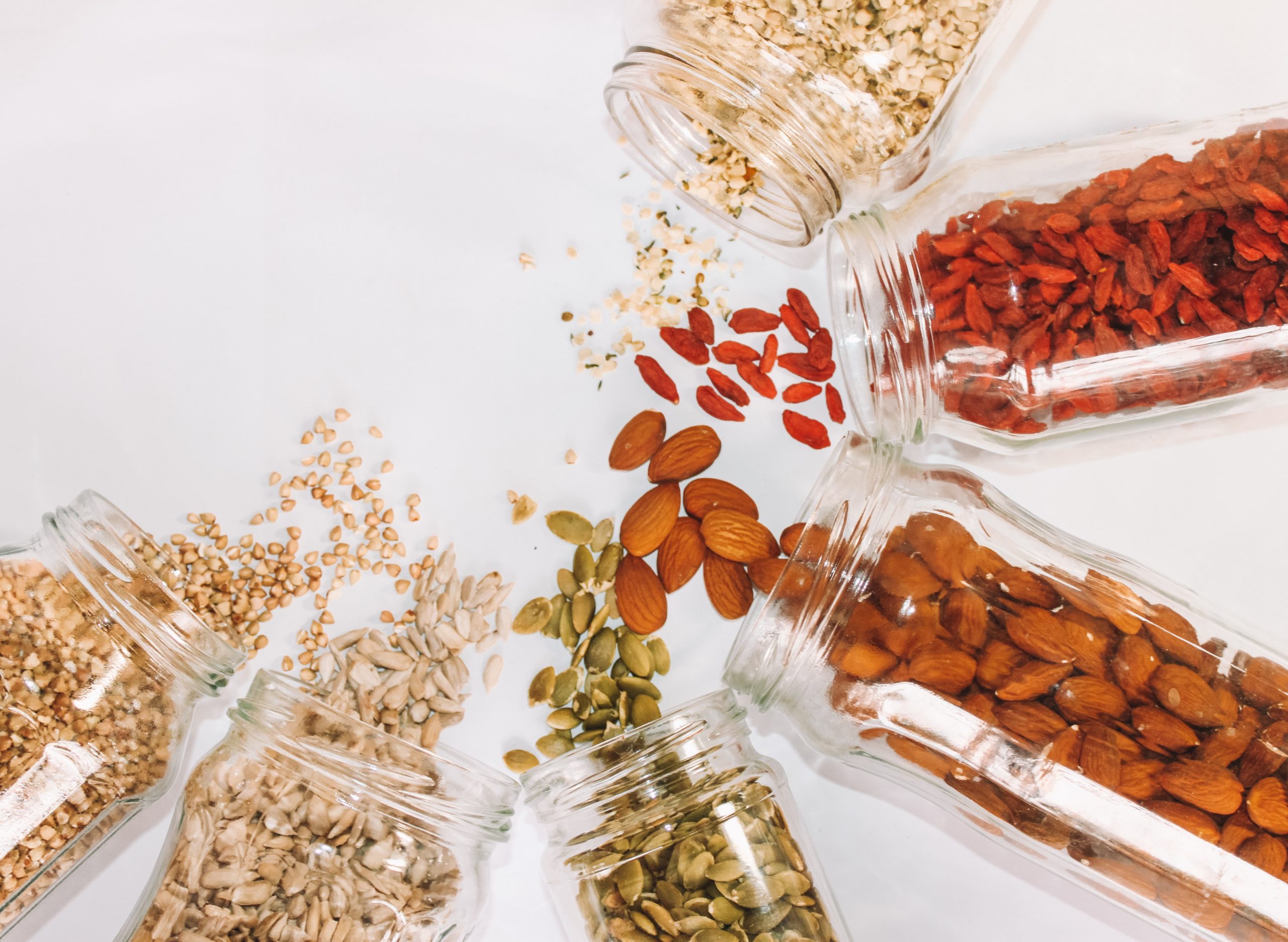The Exciting World Of The Gut Microbiota

In 2004, the Human Genome Project was completed. The goal of that project was to sequence the entire human genome, ultimately revealing the cause of a majority of ailments in the modern world.
Instead what it revealed was that most of us share over 99% of our genetic code, and that 1% difference doesn’t seem to explain many of our diseases. So if our own genetics aren’t entirely responsible for if we are healthy or sick, what else potentially can be?
The answer to that question came shortly after the development of 16s rRNA sequencing technology – technology which allows us, for the first time, to take a detailed look at the complex bacterial organisms living in our guts and each of their roles. Rather than being benign spectators in our lives, it turns out that these bacteria have developed a symbiotic relationship with us throughout our evolution.
In terms of genetic code, the bacteria in our guts harbour more than 10x the genetic information that’s contained in our own genome. Stated another way, if our genes represent the blueprint to build a one bedroom condo, theirs represent a blueprint to build a ten bedroom mansion. So while our own genome may not explain the various diseases and ailments that are prevalent in the ‘diseases of civilization’ (diabetes, IBS, obesity, chronic fatigue syndrome, etc.), perhaps theirs do?
So far the research is showing that in fact that’s very likely. Each of these diseases appear to have a distinct microbial signature – a collection and pattern of bacteria that essentially acts like a fingerprint identifying a particular disease. Not only that, but manipulation of these bacteria by antibiotics, probiotics, and even fecal transplants (to be discussed in more detail in a later weekly update) often seems to lead to improvement or remission of various diseases such as IBS.
There is a lot of evidence to support this as well. One observation that’s previously been made is that cleanliness does not necessarily contribute to improved health – children who grow up around dirt and farms are typically much healthier. This is known as the ‘hygiene hypothesis’. Up until the discovery of the gut microbiota and its role, there wasn’t really a plausible explanation for why that would be. But antibacterial soap, toothpastes, chlorinated water, and various other ‘clean’ aspects of our society all help contribute to the eradication of various bacteria in our guts.
While research is still in its infancy, this is obviously a very exciting time in health. Various ailments such as obesity and diabetes have often been thought to be progressive and nearly irreversible. But if it turns out that the bacteria in our gut may ultimately be contributing to these diseases, then it may be possible to manipulate them in such a way to reverse or even completely resolve them.
The truth is though we still have a long way to go to figure out what’s going on in our guts. We’ve identified the likely key players, and what they seem to be doing, but we are still mostly in the dark about how to make permanent and consistent changes in the microbiota, at least in terms of improving health outcomes. Taking probiotics (those little capsules you can buy at the store) often seem to help people, but they don’t colonize the gut and so their effects are just temporary. As research continues to progress, hopefully we’ll gain a greater understanding of the contribution the gut microbiota to both health and disease, and better learn how to manipulate it in our favour.
In the next update I’ll talk more about how this all happened – that is how we went from having healthy gut bacteria to our current state, where many people have dysbiotic (unbalanced) or even pathogenic gut profiles. And as you’ll see, the modern world and many of its conveniences are likely the root cause of this drastic change.